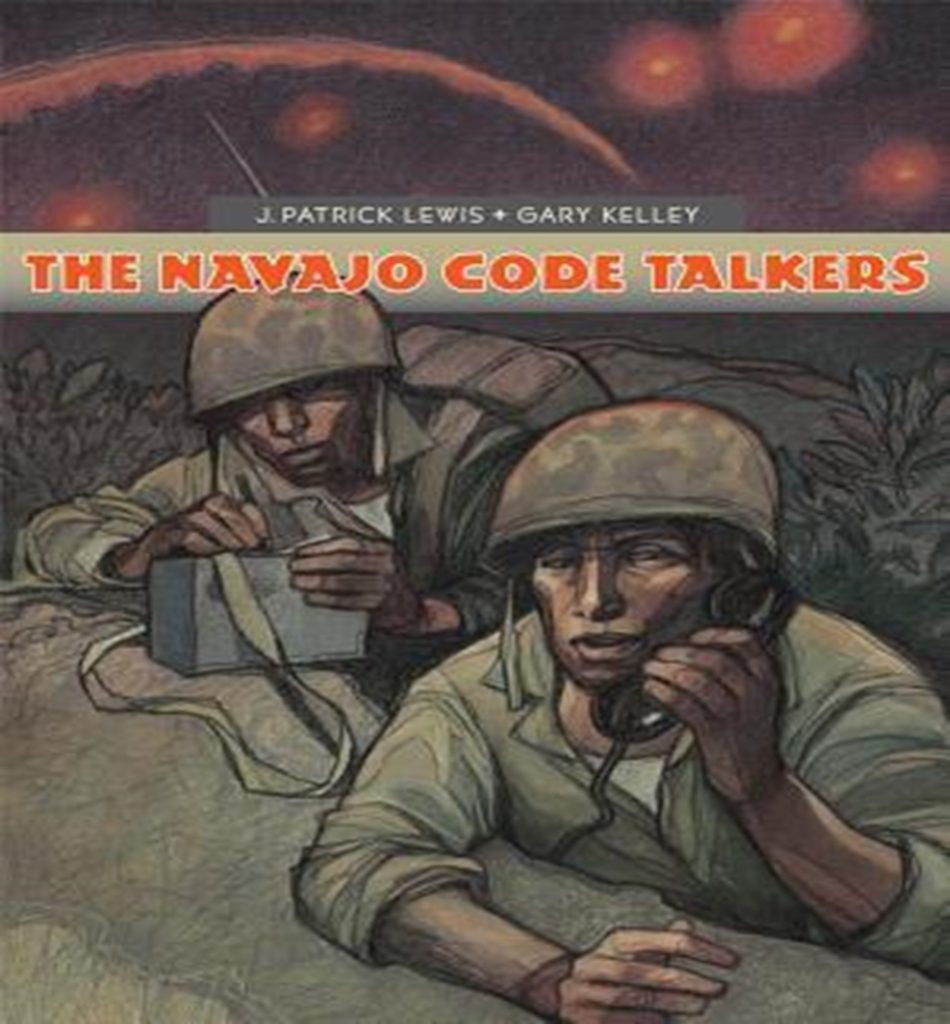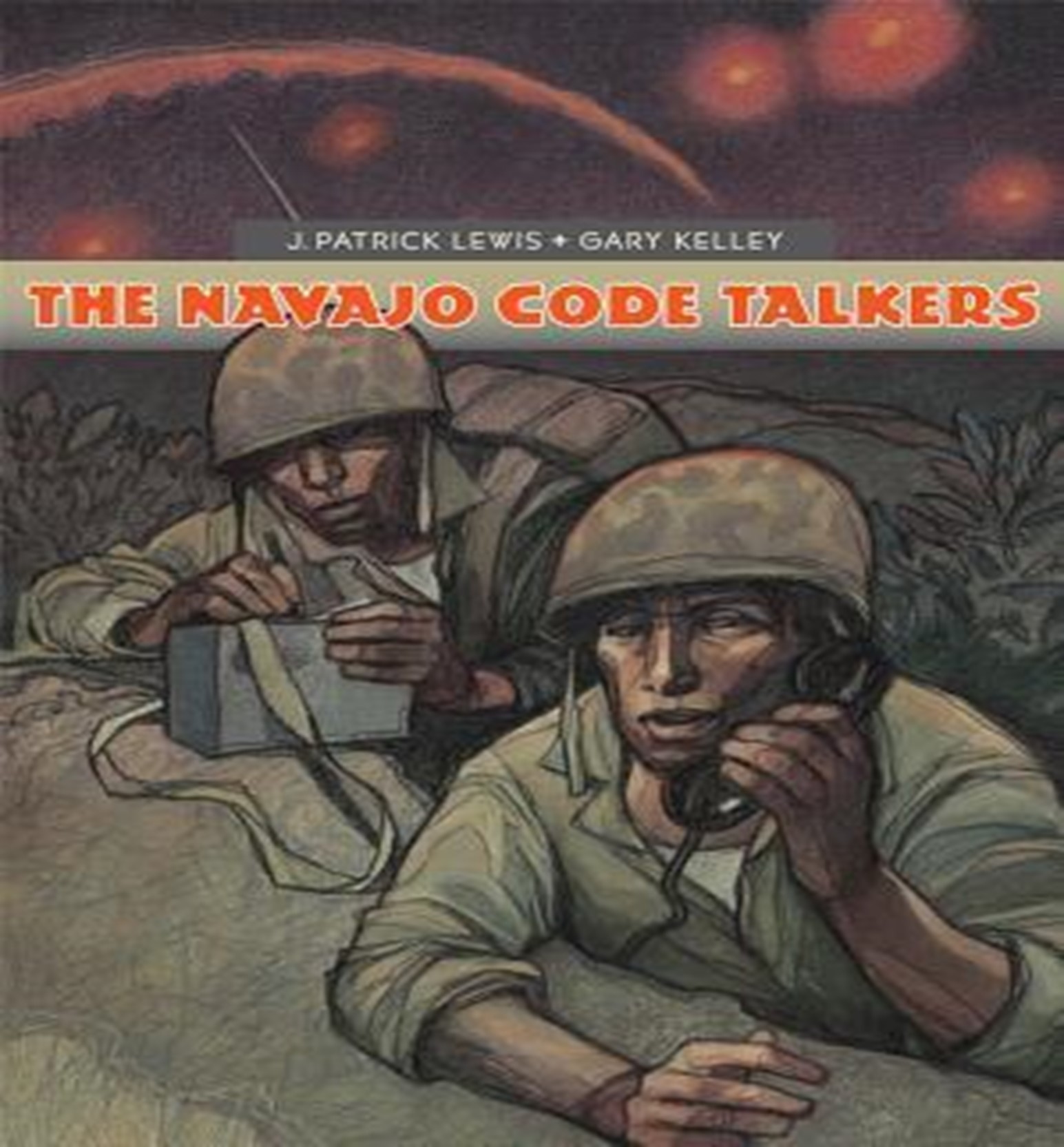
The Importance of Navajo Code Talkers in World War II
During World War II, a group of Native American heroes known as the Navajo Code Talkers played a crucial role in military communication for the Allied forces. These brave individuals developed and implemented a secret code language based on the Navajo language, which proved to be unbreakable by enemy forces. Their contributions were instrumental in ensuring secure and efficient communication, ultimately leading to Allied victories in key battles.
The Navajo Code Talkers were recruited from the Navajo Nation, a Native American tribe located primarily in the southwestern United States. Their unique ability to speak Navajo, a complex language with no written alphabet and intricate grammar, made them ideal candidates for developing a secret code language. The Navajo language was chosen because it was extremely difficult for non-Navajo speakers to understand and decipher.
To create the code, the Navajo Code Talkers took common military terms and translated them into Navajo. For instance, a tank was referred to as “tortoise,” a bomber as “buzzard,” and a battleship as “whale.” These translated terms formed the basis of a code that was nearly impossible for the enemy to crack. The Code Talkers underwent extensive training to memorize the code and practice its implementation in real-time military scenarios.
The importance of the Navajo Code Talkers in World War II cannot be overstated. The Allied forces relied on secure and efficient communication to coordinate military strategies and maneuvers. However, conventional codes, such as Morse code, were often intercepted and deciphered by enemy intelligence units. The Navajo code, on the other hand, remained completely secure throughout the war. The Code Talkers played a crucial role in transmitting sensitive information, including troop movements, battle plans, and orders, without the fear of interception.
One of the most significant achievements of the Navajo Code Talkers was their contribution to the success of the Pacific theater of the war. The codes developed by the Navajo Code Talkers were particularly effective in the harsh and unforgiving environments of the Pacific islands, where previous codes had failed. The Navajo language, with its complex grammar and unique tonal qualities, proved to be a powerful tool in military communication.
The Navajo Code Talkers were involved in numerous major battles, including the pivotal Battle of Iwo Jima. Their role in this battle was critical in achieving an Allied victory. The Japanese forces were caught completely off guard by the Navajo code and were unable to decipher it, giving the Allies a significant advantage. The Navajo Code Talkers were able to relay vital information in real-time, allowing the Allies to coordinate their attacks, avoid ambushes, and effectively counter enemy maneuvers.
Despite their invaluable contributions, the Navajo Code Talkers remained largely unknown and unrecognized for many years after the war. The code language they developed was classified and kept top secret until it was declassified in 1968. It wasn’t until the 1980s that their extraordinary achievements were finally acknowledged, and they began receiving the recognition they deserved.
Today, the Navajo Code Talkers are revered as national heroes, their bravery and ingenuity forever etched in history. Their unwavering dedication to their country and their remarkable ability to create an unbreakable code language played a pivotal role in the Allied victory in World War II. Their legacy serves as a testament to the invaluable contributions of Native American communities to the defense and security of the United States. The Navajo Code Talkers’ story stands as a reminder of the strength that diversity brings and the profound impact it can have on the course of history.
